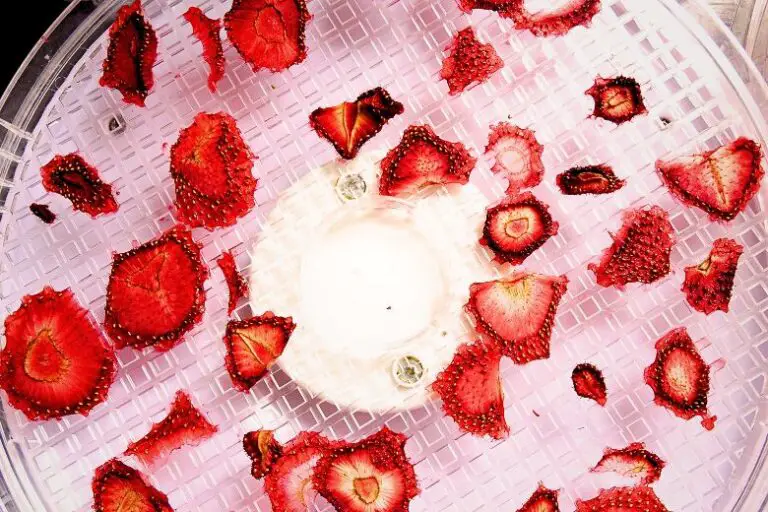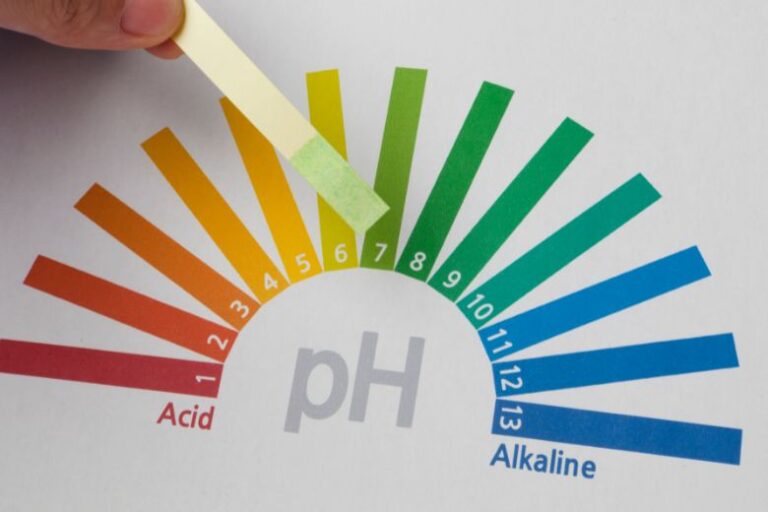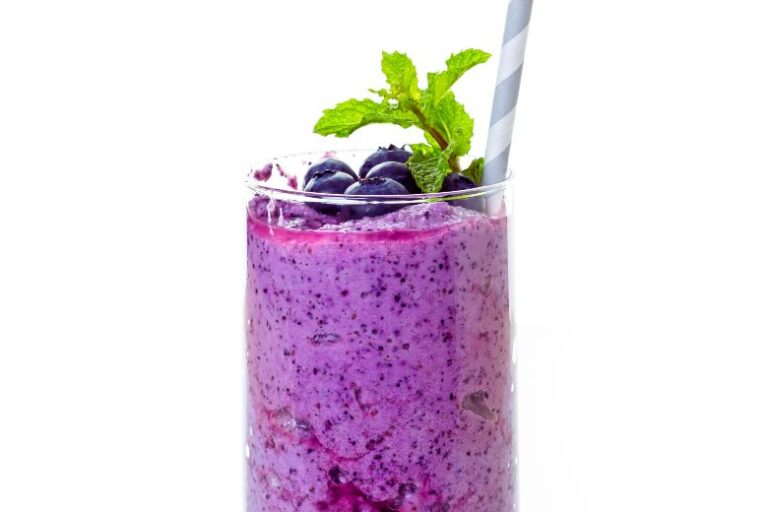Are Grape Hyacinths Edible
Grapes are delicious and juicy fruits that come in various colors, such as red, green, and purple. They are widely loved for their sweet and refreshing taste, making them a popular choice for snacks, juices, and desserts. Besides their delightful flavor, many people wonder about the nutritional content of grapes, particularly their iron content. In…










